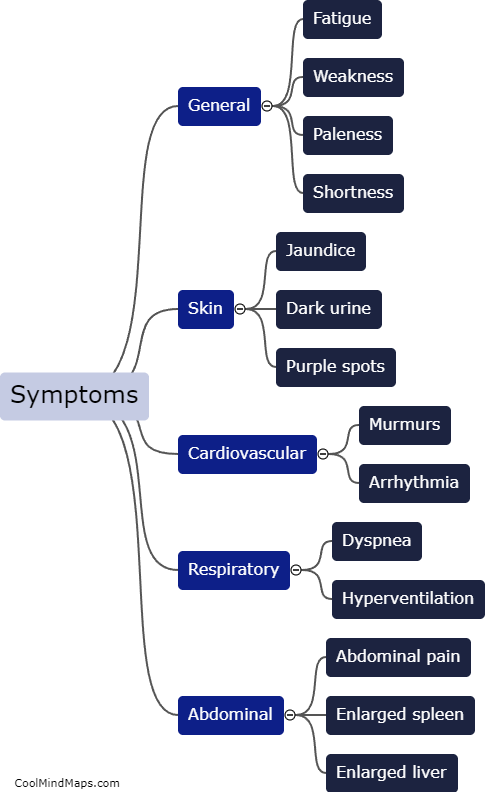What is the role of nanoparticles in treating PCOS?
Polycystic ovary syndrome (PCOS) is a common endocrine disorder in women that can cause various reproductive and metabolic dysfunctions. In recent years, nanoparticles have emerged as a promising tool for improving the treatment of PCOS. These tiny particles, typically within the range of 1-100 nanometers, possess unique properties that make them effective in delivering drugs directly to the affected tissues or cells. By encapsulating therapeutic agents, such as anti-androgens or insulin-sensitizing drugs, nanoparticles can enhance their stability, solubility, and bioavailability, while minimizing potential side effects. Additionally, nanoparticles can be functionalized with surface ligands that target and bind specifically to PCOS-associated biomarkers, enabling precise delivery and accumulation at the affected sites. This targeted approach not only increases treatment efficacy but also reduces the required dosage. Overall, nanoparticles hold great promise in revolutionizing the treatment of PCOS by offering personalized and more effective therapeutic options in the future.

This mind map was published on 14 January 2024 and has been viewed 82 times.











